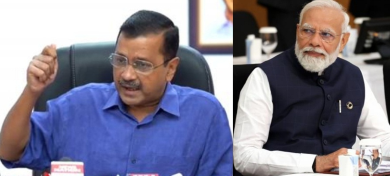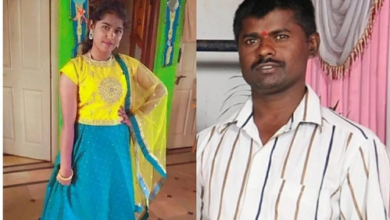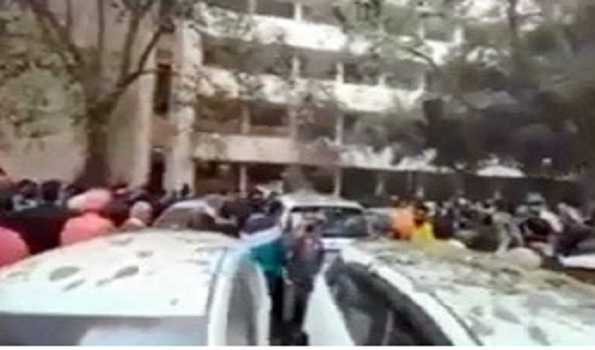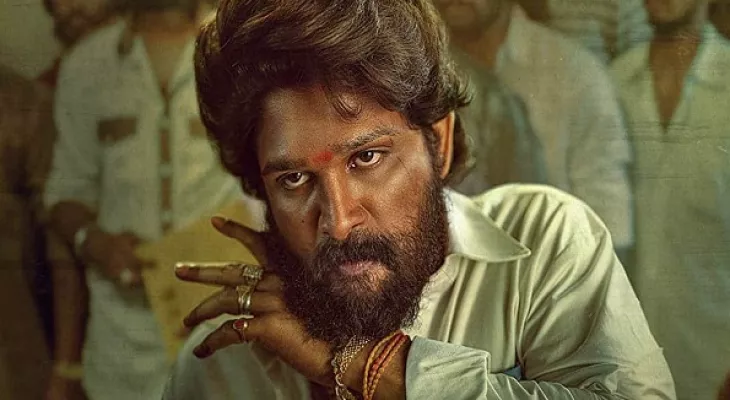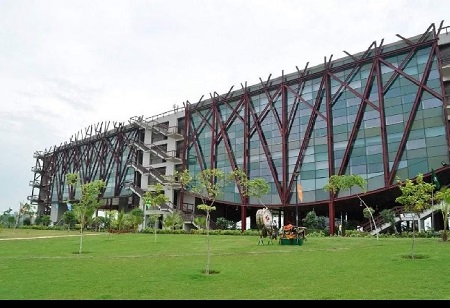
New Delhi, Feb 20 : The Jindal India Institute (JII) of O.P. Jindal Global University (JGU) organised a unique one-day-long certificate course in New Delhi earlier this week to train 34 foreign diplomats from 21 countries and international organisations on the theme of ‘Understanding Indian Elections and Democracy’.
The event was aimed at sensitising the eyes and ears of the international community based in India about the unique strength and depth of India’s robust democratic system and to showcase different dimensions of elections in the world’s largest democracy.
During this day-long course, the participating foreign diplomats learnt from leading experts and scholars on Indian politics about the evolution of India as the ‘mother of democracy’, the growth of its constitutional system, the robustness of its electoral institutions, Indian electoral laws, rules and reforms, the shifting patterns of voting behaviour in successive national and state-level elections, the differential outcomes in Lok Sabha elections compared to Vidhan Sabha elections, the rise and fall of various political parties and party systems since Independence, the growing levels of participation and competition in Indian electoral politics, the role of economic and identity-based factors in deciding electoral contests, trends in Indian general elections since 1952, and the electoral advice and assistance that India provides to fellow developing countries.
The foreign diplomats who joined this training session were curious to learn and actively engaged with the speakers through in-depth assessments and questions about major patterns and shifts in India’s electoral evolution and about the prospects of electoral outcomes in the coming 2024 General Elections. They were also keen to know about the impact of India’s active role in global governance platforms such as the G20 on Indian voters during elections.
Participating diplomats came from the countries and international organisations such as — Australia, Bolivia, Brazil, British Council, Burkina Faso, Chad, Egypt, Ethiopia, European Union, France, Gabon, Germany, Guatemala, International Committee of the Red Cross (ICRC), Japan, Madagascar, Philippines, Russia, Togo, United Kingdom and United States.
On the occasion, the President of JII and the Founding Vice Chancellor of JGU, Prof. (Dr.) C. Raj Kumar said, “JII’s mission is to bring rigorous research and findings about India’s accomplishments to foreign audiences. This training course is part of that broader objective. India is a vast country with many complex forms and expressions of political participation and competition. Our goal at JII is to inform and engage the international community about the big picture and also about the nitty-gritty intricacies of Indian elections in different states and regions of the country so that the world gets an objective and full appreciation of how far India has come in its journey as a leading democracy among developing countries.”
Speaking at the launch of the training course, the Director General of JII and the Dean of JGU’s Jindal School of International Affairs (JSIA), Dr. Sreeram Chaulia observed, “At JII, we want to help shape international opinions and impressions about India’s rich democratic traditions and practices. The reports and analysis that foreign embassies, high commissions and intergovernmental organisations will write about the upcoming General Elections in India can be influenced by these kinds of training courses being conducted by JII. Global appreciation of India as a model and a ‘mother of democracy’ is key for India’s soft power and that is the purpose of this initiative by JII.”



